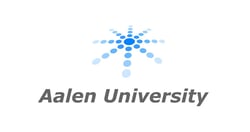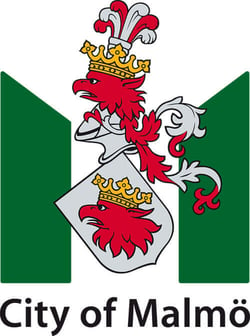
Online Proctoring System
Discover our advanced Online Proctoring System for a seamless exam administration. Elevate your institution's assessment capabilities while safeguarding credibility. For a tailored solution, schedule a consultation today.














Features of Digiexam’s Online Proctoring System


Secure Browser

Real-Time Monitoring

Record and Review

Analytics and Reporting
Our advanced analytics provide comprehensive post-exam reports. The system flags unusual behavior during the online proctored test, so educators and administrators can easily assess and confirm the integrity of each examination.

Integration Capabilities
How does the Digiexam platform work?



Why Digiexam?
Digiexam
Secure
Academic integrity can never be compromised.
- Lockdown application
- Closed sourced code (highest security)
- Third-party security audits
- Third-party penetration tests
- Online proctoring
- EU and US servers
- GDPR Compliant
Digiexam
Reliable
Our customers can’t afford lost exams or lost answers.
- Cloud-based (99.9% uptime)
- Offline exam compatibility
- Autosave every 10 seconds
- Automatic updates
- World-class support
- Proprietary technology
- Zero maintenance
Digiexam
Easy to use
Easy-implemented online exam system that supports the whole examination lifecycle.
- LMS integration through LTI
- User friendly interface
- High adoption
- Modern accessibility tools
- Anonymous grading
- External tools
- QTI import
- Collaborative grading
Support when you need it
Knowledge Center
Support
What our customers say
As the University continues to pursue a remote assessment strategy for all courses, confidence in the systems we use to support exam integrity is vital.

Maggie Gibson Birmingham City University

Digiexam receives a lot of attention in the south of Germany since a lot of people share the belief that it will be the only product that will meet the regulatory and data privacy requirements for future online testing.

Dr. Martin Franzen Aalen University
We have students all over Sweden and abroad and they need to be able to complete their exams regardless of location. Digiexam's proctoring solution has become a key success factor for us at FEI.

Magnus Rolf Företagsekonomiska Institutet